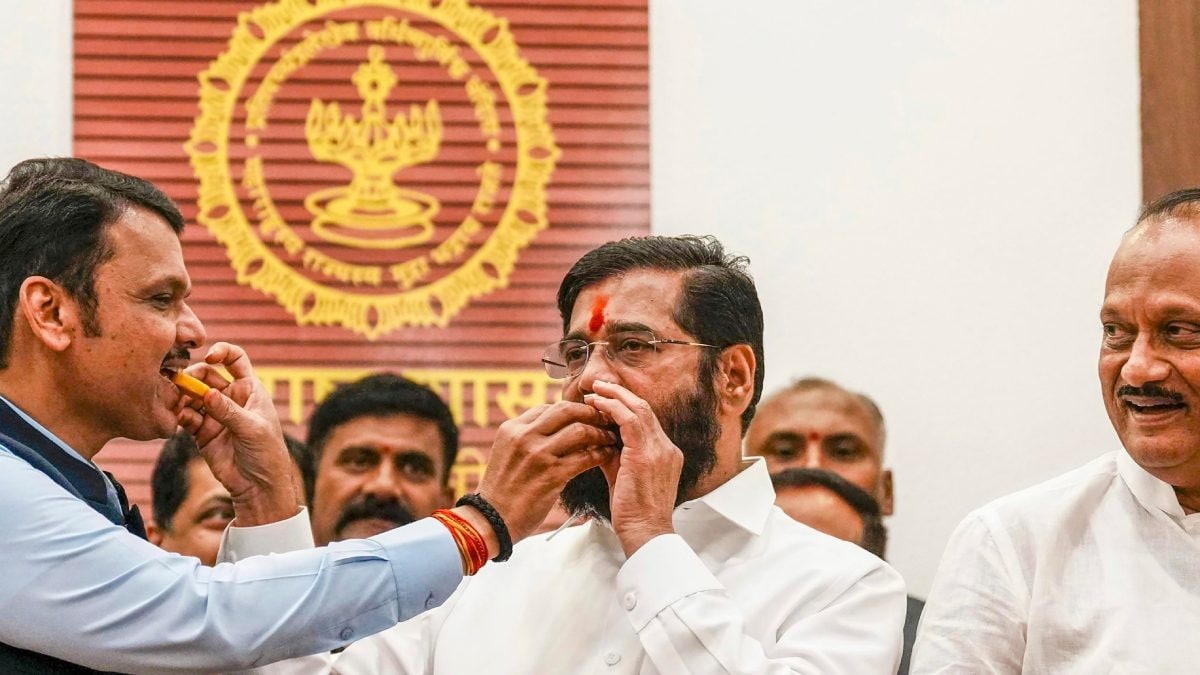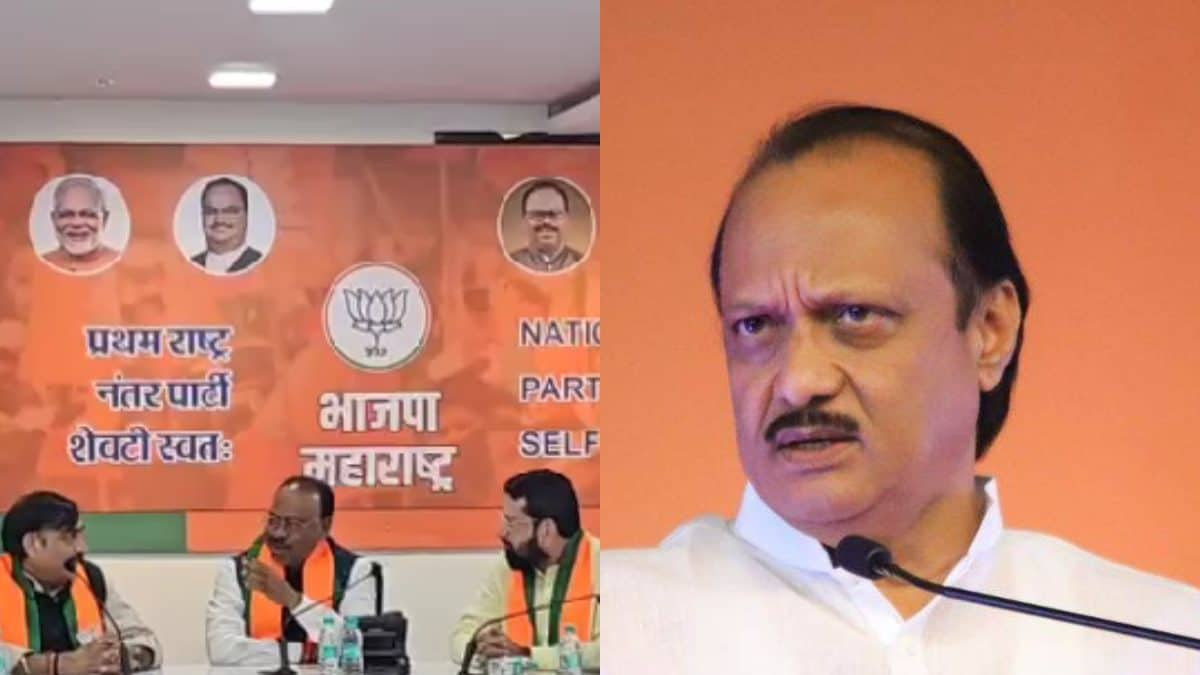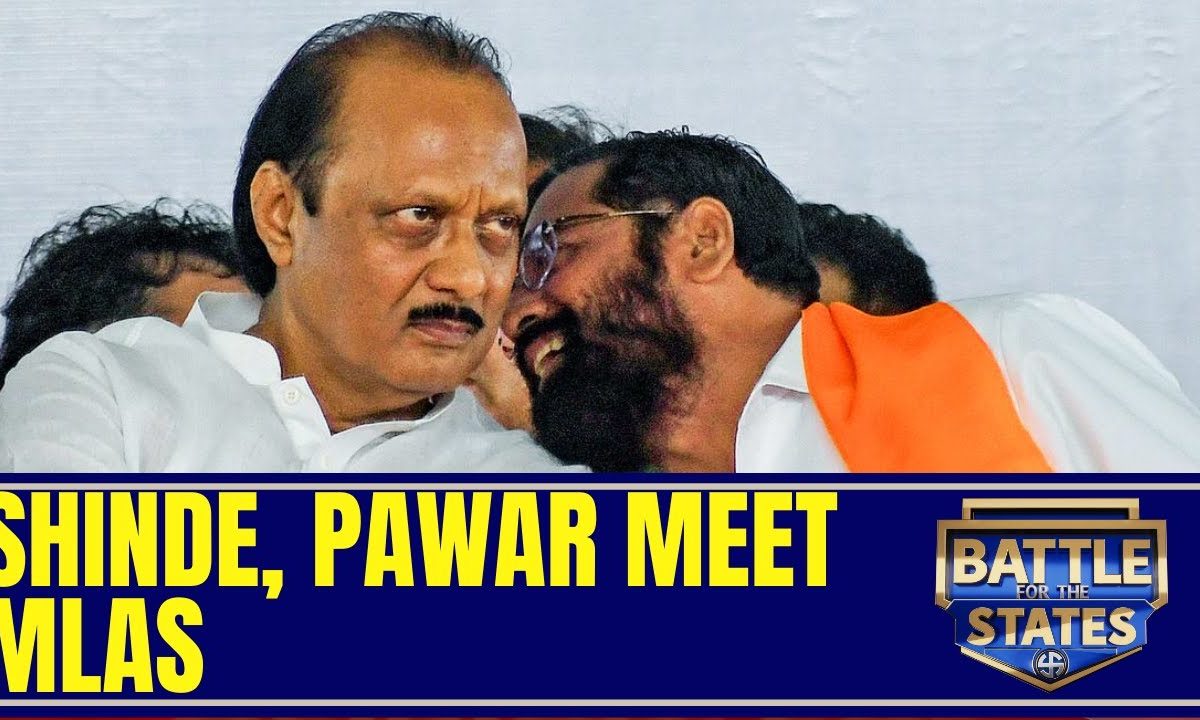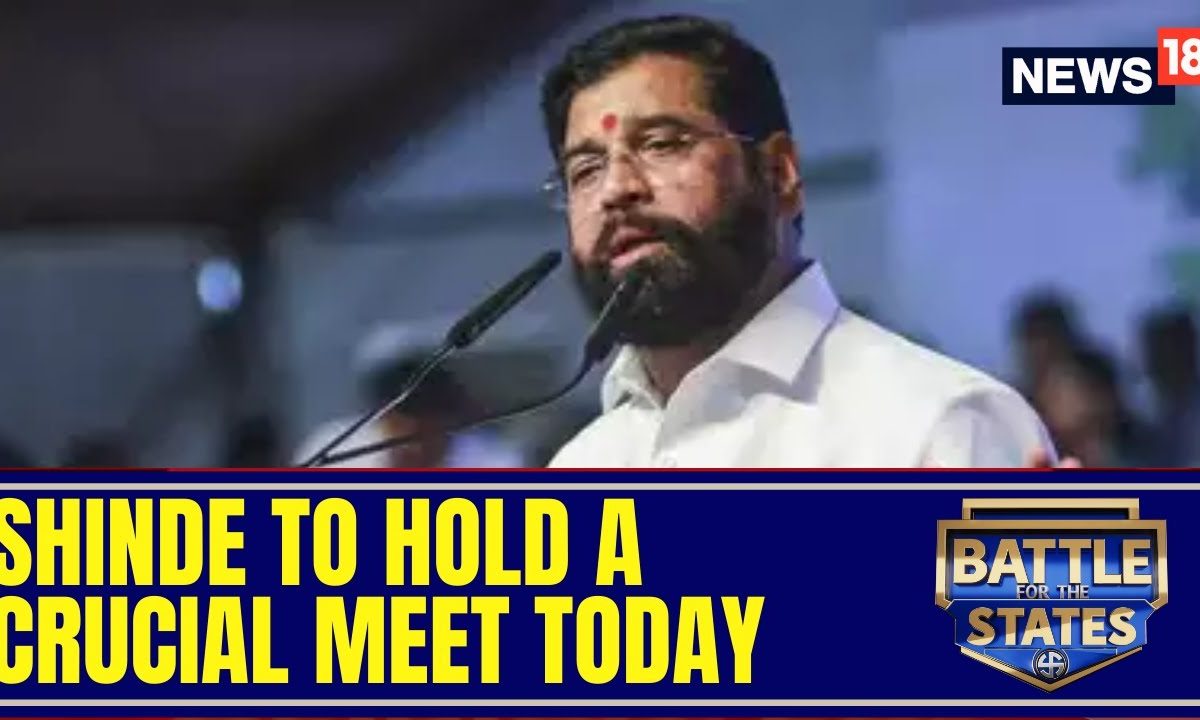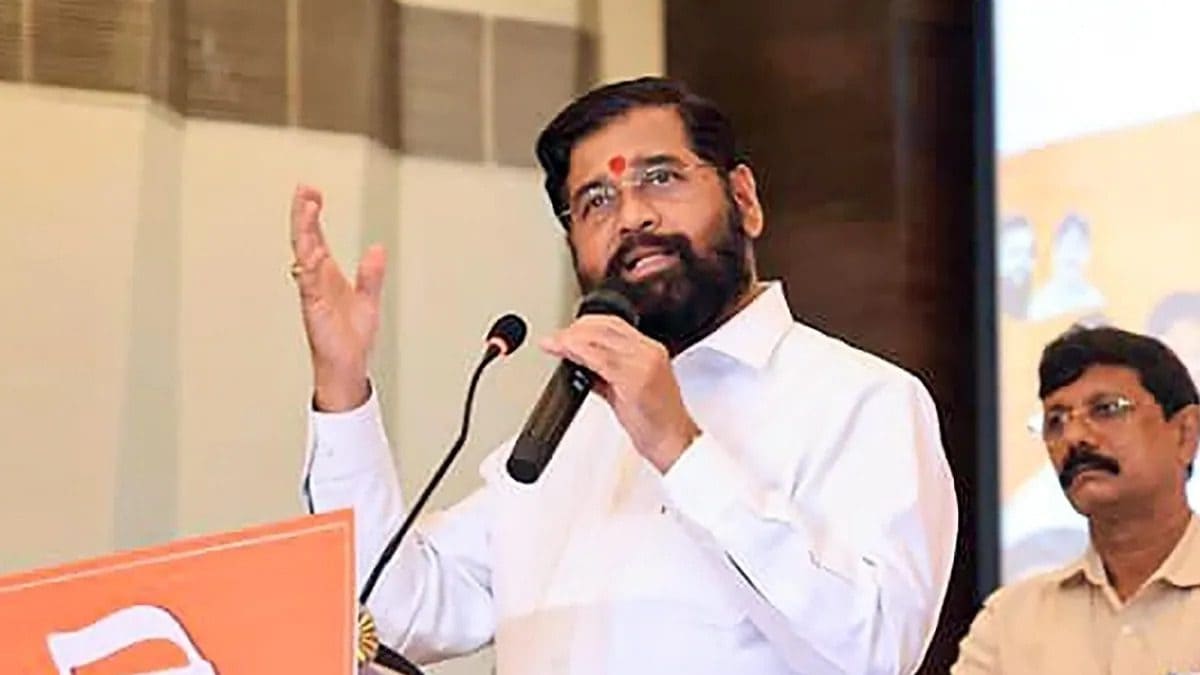Last Updated:October 29, 2024, 09:07 IST
While the RSS’ ideological vision seeks a unified Hindu identity which goes beyond caste, the organisation now finds itself challenged by increasing calls for caste equity, avenging caste-based injustice and untouchability issues

The RSS has historically capitalised on events that resonate with the Hindu community to strengthen its influence and the assaults in Bangladesh are no exception. (PTI)

With the Bangladesh situation appearing in every speech delivered by RSS chief Mohan Bhagwat and crucial meetings held by the organisation, the saffron brigade is trying to highlight these incidents, aiming to stoke a sense of collective identity and urgency by using the attacks as a rallying point for unifying Hindus under a common cause.
The RSS has historically capitalised on events that resonate with the Hindu community to strengthen its influence and the assaults in Bangladesh are no exception. In the current political and electoral scenario, where caste is seen to play a significant role, reference to Bangladesh for bringing Hindus together seems to be RSS’ smartest play.
Reports of temple desecrations, attacks on Hindu homes, and targeted violence have become key talking points in RSS narratives. These incidents are being framed and deliberated upon not merely as isolated events in the neighbouring country, but as symbolic of a larger threat to Hindus worldwide — a narrative designed to foster a collective consciousness. This has now clearly become a template on which the RSS is working.
Caste complexities and a cry for cohesion
The rise in caste-based political narrative has put the RSS in a precarious position, creating the risk of fracturing Hindu unity it has long aimed to promote. While the RSS’ ideological vision seeks a unified Hindu identity which goes beyond caste, the organisation now finds itself challenged by increasing calls for caste equity, avenging caste-based injustice and untouchability issues.
The senior functionaries of the RSS, including Bhagwat and national general secretary Dattatreya Hosabale, reiterate about the RSS not subscribing to the idea of any forms of ‘untouchability’ — caste-based or political. The growing emphasis on caste differences threatens to unsettle the RSS’s carefully cultivated narrative as it grapples with balancing traditional structures and the changing demands of an increasingly caste-conscious society.
For decades, the RSS has pushed for a ‘Hindu First’ identity, hoping to neutralise divisive social stratifications within the Hindu fold. However, the surge in discourse around caste inequalities, the social positioning and the reservation debates, while demanding affirmative action policies, has complicated its mission. Caste-based rallies, demands for caste census data, and heightened awareness of historic injustices have stirred sentiments that may lead to sharper divides within the Hindu community, jeopardising the RSS’s efforts at consolidating a cohesive Hindu identity.
The caste-driven divide is particularly troubling the RSS as it aims to expand its base across all communities, including tribals, Dalits and Other Backward Classes (OBCs), whose grievances around social and economic inequalities have gained traction in recent years. These complexities have prompted the RSS to navigate through a delicate path as it seeks to reinforce a Hindu identity that resonates across caste lines while avoiding issues that could deepen existing societal fissures. For this purpose, using Bangladesh’s social and political upheaval fit the bill.
An outreach to Hindus via Bangladesh
In its outreach, the organisation is drawing parallels between the persecution faced by Bangladeshi Hindus and the challenges of Hindu communities within India. Public speeches, social media campaigns, and local meetings emphasise a shared history of struggle, evoking a sense of injustice that transcends national boundaries. The strategy is clear: to frame the issue as Hindu unity, urging them to stand in solidarity with their counterparts globally.
This tactic allows the RSS to amplify its call through similar messages like Uttar Pradesh Chief Minister Yogi Adityanath’s “Batenge Toh Katenge” (will be slaughtered if divided) call. The slogans portray the senior politicians and senior functionaries of RSS as the defender of a community under siege. It also leverages the emotional weight of the Bangladesh incidents to galvanise political and social support, as the narrative gains traction in regional and national discourse.
In essence, the RSS is not just reacting to these assaults; it is strategically utilising them to fortify its base, promote social, political and internal cohesion, and reinforce a shared identity among Hindus in India and beyond.
Location : First Published:October 29, 2024, 09:07 IST
News politics Stung By Caste Narrative, RSS Banks on Bangladesh to Bolster ‘Hindu First’ Identity

 3 weeks ago
3 weeks ago



